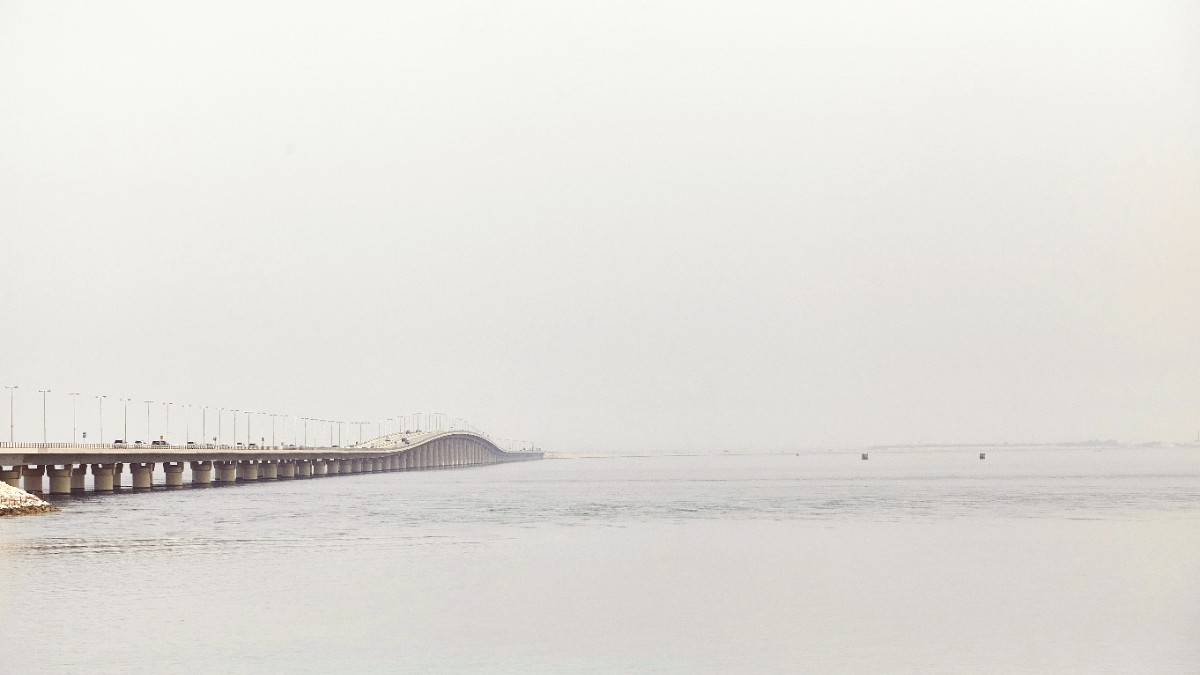
Bahrain
Manama has a subtropical desert climate, characterized by warm, dry conditions for much of the year. Summers, from June to September, are extremely hot and humid. Expect average daily temperatures between 35°C and 40°C (95°F to 104°F). Temperatures frequently go above 45°C (113°F). Humidity levels feel very high, making outdoor activities challenging during the day.
Winters, from December to February, offer mild and pleasant weather. Average daily temperatures range from 15°C to 20°C (59°F to 68°F), ideal for sightseeing. Spring, from March to May, and autumn, from October to November, present warm and generally pleasant conditions. Temperatures during these shoulder seasons typically range between 25°C to 30°C (77°F to 86°F). Rainfall is minimal, less than 100 mm (4 inches) annually, mostly in winter months. Clear skies are common.
High Season: December to February (Winter) The weather is ideal. Temperatures are mild and comfortable, perfect for outdoor activities, desert tours, and extensive sightseeing. Many outdoor events and festivals occur. Expect higher accommodation prices and more crowded attractions. Book flights and hotels well in advance, especially around public holidays or major events like the Bahrain Grand Prix if it falls within these months.
Shoulder Season: March to May (Spring) and October to November (Autumn) These months have warm but generally manageable temperatures. Fewer crowds are common compared to winter, and prices for accommodation and flights are more reasonable. The weather supports a mix of indoor and outdoor activities. Temperatures rise significantly by late April and May, sometimes reaching uncomfortable levels for daytime outdoor exploration. Occasional dust storms can occur, specifically in spring, reducing visibility and air quality for short periods.
Lowest prices, but extreme heat
Lowest prices for accommodation and flights. Value for those staying indoors in air-conditioned spaces. Indoor attractions, malls, and hotel facilities fully operational.
Extreme heat and high humidity challenge outdoor activities. Some locals travel abroad, some smaller businesses might have reduced hours. Outdoor excursions work best early morning or after sunset.
Occasional "Shamal" winds
Manama does not experience monsoons or hurricanes. Extreme heat is the main weather consideration during summer. The sun is very strong. Occasional dust storms, known as shamal winds, can occur, specifically in spring and early summer.
These storms reduce visibility and air quality. If you have respiratory sensitivities, carry necessary medications during these periods. Stay updated on local weather forecasts.
Best for your plans
Outdoor Exploration, Desert Tours, Beach Activities: December to February. Shopping and Indoor Attractions: Year-round, especially in hot summer. Cultural Festivals and Events: October to April.
For summer visits, adjust your daily schedule. Plan outdoor activities for early mornings or late evenings. Use the midday for indoor attractions, shopping, or relaxing by a hotel pool.
Entry needs vary by nationality, so checking the most current information before your trip is a good step.
Bahrain has various visa options. E-Visa: Citizens of over 100 countries can apply online through the official Bahrain eVisa website (evisa.gov.bh). Processing is typically three to five business days. Visa on Arrival: Citizens of certain countries, including UK, USA, Canada, EU, and GCC, may obtain a visa upon arrival at Bahrain International Airport (BIA) or King Fahd Causeway. Check the official eVisa website for current rules. Other Nationalities: Apply through a Bahraini embassy or consulate. GCC Residents: May qualify for visa-free entry or a simplified process. Verify rules based on your nationality and residency.
E-Visa fees depend on nationality and stay duration. For instance, many nationalities pay around BD 7 for a two-week single entry or BD 12 for an one-month multiple entry visa. Payment is online. Visa on arrival fees are similar. Immigration at Bahrain International Airport is straightforward. You will go through passport control, and biometric scanning (fingerprinting) is common. Have all documents ready for the officer. Tourists for standard attractions do not generally need specific special permits. Health-related entry requires a yellow fever vaccination certificate only if from a high-risk country. Check WHO guidelines for details.
Valid for at least six months beyond your stay.
Printed copy of approved e-Visa or visa-on-arrival proof.
Proof of departure from Bahrain.
Confirmation of lodging for your entire stay.
Show enough money for expenses.
Required: Yellow fever vaccination certificate only if arriving from a country with risk of yellow fever transmission. Consult WHO guidelines for current affected countries. Recommended: Consult a travel health clinic four to six weeks before your trip. Routine vaccinations (MMR, DPT, Polio), Hepatitis A and B, and Typhoid are often advised for general protection.
Manama's healthcare facilities are modern and offer a high standard of care, including both public and private hospitals. King Hamad University Hospital, Salmaniya Medical Complex (public), and American Mission Hospital (private) are well-regarded. Bahrain's emergency services are reliable and responsive. Pharmacies are widely available for minor ailments and over-the-counter medications.
Bahrain accommodates various travel budgets. Here is a general daily cost breakdown:
| Category | Budget Traveler (BHD/USD) | Mid-Range Traveler (BHD/USD) | Luxury Traveler (BHD/USD) |
|---|---|---|---|
| Accommodation | 15-30 / 40-80 | 30-80 / 80-212 | 80+ / 212+ |
| Food | 5-15 / 13-40 | 15-40 / 40-106 | 40-100+ / 106-265+ |
| Transportation | 2-5 / 5-13 | 5-15 / 13-40 | 20+ / 53+ |